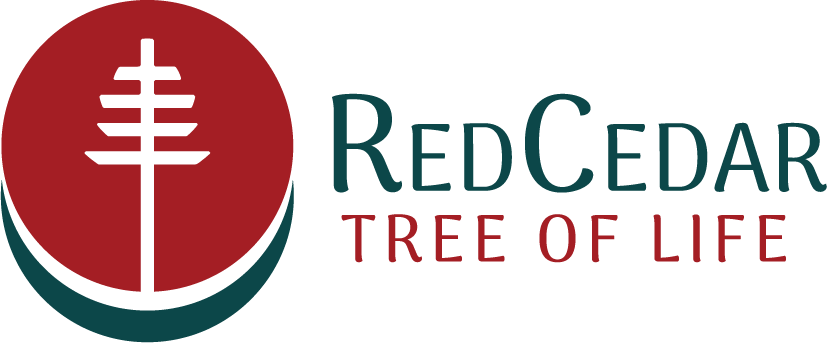The concept of “family” has undergone a significant transformation over the years, evolving far beyond traditional definitions to embrace a broader, more inclusive understanding. In today’s world, the term “family” transcends biological or marital ties, embodying relationships built on trust, love, and mutual support. This shift is especially poignant at the end of life, where the definition of family plays a crucial role in how individuals choose to spend their final moments, whom they trust for support, and who handles their affairs.
The Changing Definition of Family
Historically, family was defined by clear, often legal boundaries and biological relationships. However, as society has progressed, so has our understanding of what constitutes a family. Today, family often refers to anyone who provides emotional support, not just those connected by blood or legal bindings. This can include close friends, community members, chosen family, and even caregivers who share a deep bond with the individual.
The Role of Family in End-of-Life Care
At the end of life, the importance of family—however one defines it—becomes more pronounced. Individuals often reflect on their lives and prioritize relationships that are most meaningful to them. It is not uncommon for people to choose to be surrounded by friends who have become like family, rather than relatives with whom they may not have a close relationship. This choice highlights the emotional significance of the bonds formed by choice, rather than obligation.
Administrative Roles and Trust
When planning for the end of life, administrative tasks such as executing a will, managing finances, and making healthcare decisions are crucial. These responsibilities traditionally fall to family members, but as the definition of family expands, so does the pool of trusted individuals who might assume these roles. Many people now designate trusted friends or chosen family members to handle these essential duties, underscoring the trust and significance of these relationships.
The Complexity of Family Dynamics
While family can be a source of comfort and support, it can also be complex and sometimes negative. In cases where family relationships are strained or where there has been a history of conflict, the end of life can bring these issues to the forefront. Recognizing this, many individuals choose to define their own circle of support, selecting people who bring peace, comfort, and positivity to their final days.
Conclusion
As we continue to navigate the complexities of human relationships, the definition of family will likely continue to evolve. At RedCedar Tree of Life, we understand that family is defined not just by legal ties or blood relations, but by the depth of connection and care between individuals. We believe in honouring each person’s definition of family, especially at the end of life, ensuring that they are surrounded by those who truly matter. This inclusive approach allows us to provide care that is not only respectful and compassionate but also profoundly aligned with our clients’ wishes and values.
By embracing a broad and inclusive definition of family, we can ensure that the end-of-life journey is supported by love, respect, and dignity, reflecting the true essence of what it means to be family.
Michelle
RedCedar Tree of Life
